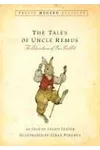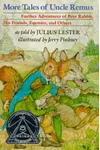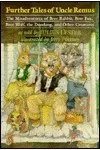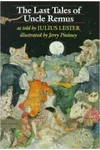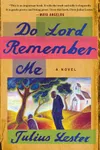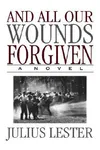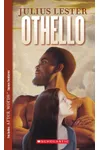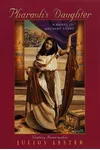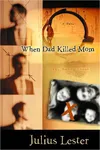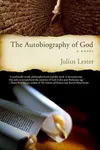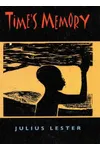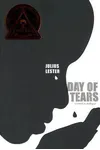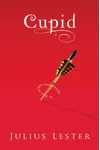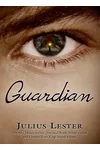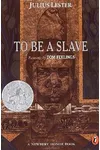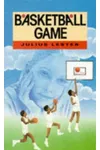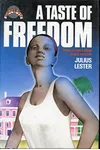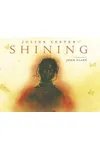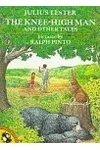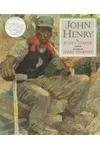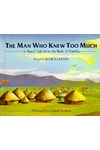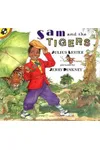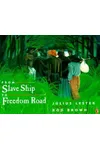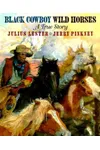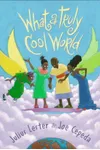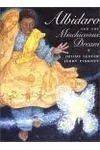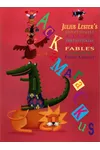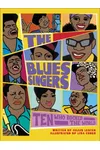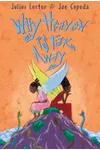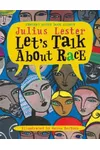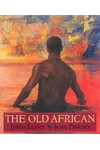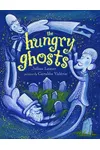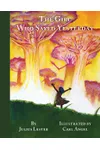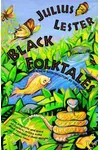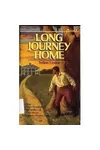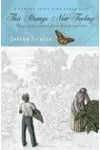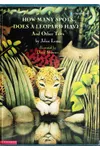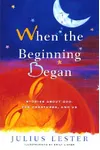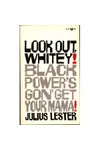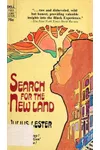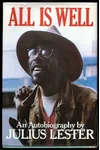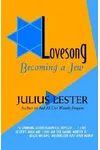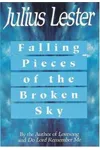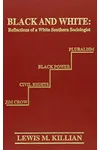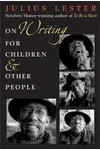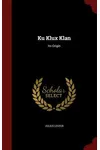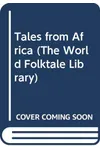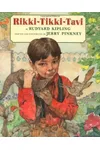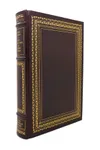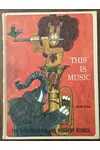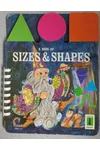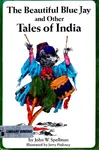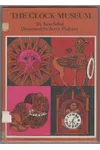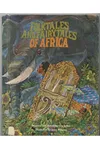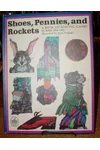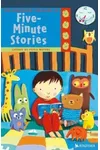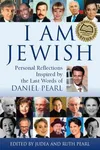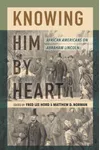Picture a storyteller whose words danced between civil rights anthems and children’s tales, weaving history and heart into every page—meet Julius Lester! Born in 1939 in St. Louis, Missouri, this American author, musician, and activist crafted a legacy that resonates through his 44 books, countless essays, and a life dedicated to justice and storytelling. From the Newbery Honor-winning To Be a Slave to soulful folk albums, Lester’s multifaceted career made him a cultural icon.
With a preacher’s son’s roots and a scholar’s mind, Lester’s journey took him from segregated Nashville to the heart of the civil rights movement, and eventually to the University of Massachusetts Amherst, where he taught for over three decades. His work, infused with African American folklore and unflinching honesty, invites readers to explore history’s shadows and triumphs with a hopeful gaze.
The Making of Julius Lester
Born to a Methodist minister and his wife, Julius Lester grew up in Kansas City and Nashville, soaking in the South’s complex tapestry of faith, music, and segregation. Summers on his grandmother’s Arkansas farm steeped him in oral traditions that later flavored his writing. After earning a BA in English from Fisk University in 1960, Lester dove into the civil rights movement, wielding a camera for the Student Nonviolent Coordinating Committee (SNCC) and singing protest songs. His early career as a folk musician, including two albums and a guitar manual co-authored with Pete Seeger, set the stage for his literary voice—raw, rhythmic, and rooted in truth.
Moving to New York City in 1961, Lester hosted radio shows and taught Afro-American history, all while penning essays that captured the era’s pulse. His 1966 piece, 'The Angry Children of Malcolm X,' became a defining cry of Black Power, signaling his emergence as a bold commentator. This blend of activism and artistry laid the foundation for a writing career that would span genres and generations.
Julius Lester’s Unforgettable Stories
Lester’s bibliography is a treasure trove of 31 children’s books, eight nonfiction works, three adult novels, and a poetry collection. His debut children’s book, To Be a Slave (1968), earned a Newbery Honor for its haunting use of slave narratives to humanize history. Critics praised its vivid immediacy, a hallmark of Lester’s style, which blended oral tradition with meticulous research. Day of Tears (2005), a novel in dialogue about a brutal slave auction, won the Coretta Scott King Award for its emotional depth.
Lester’s love for folklore shone in works like John Henry (1995), a Caldecott Honor book that brought the legendary steel-driver to life with lyrical prose, and Sam and the Tigers (1996), a reimagining of Little Black Sambo that reclaimed its joy with Jerry Pinkney’s vibrant illustrations. His Uncle Remus retellings preserved Brer Rabbit’s wit while honoring African American storytelling. Whether writing for kids or adults, Lester’s voice—accessible, respectful, and rich with cultural nuance—made history feel alive and urgent.
His essays, over 200 strong, graced outlets like The New York Times and Village Voice, tackling race, religion, and identity. After converting to Judaism in 1982, inspired by his Jewish great-grandfather, Lester’s memoir Lovesong: Becoming a Jew explored his spiritual odyssey, sparking both admiration and controversy. His ability to bridge divides through storytelling remains a defining trait.
Why Julius Lester Matters
Julius Lester’s impact stretches beyond his bookshelves. As a civil rights activist, he energized Freedom Summer rallies in 1964, risking his life to register Black voters. As a professor at UMass Amherst, he earned the university’s highest honors, shaping minds in Afro-American and Judaic Studies. His children’s books, lauded for their authenticity, empowered young readers to grapple with history’s complexities while celebrating Black culture.
Lester’s legacy lies in his fearless authenticity—whether singing folk tunes, teaching, or writing, he spoke truth with compassion. His books, translated into eight languages, continue to inspire educators, historians, and storytellers. By blending activism with art, Lester carved a path for writers to confront injustice with hope and humanity.
- Born: January 27, 1939, St. Louis, Missouri
- Died: January 18, 2018, Palmer, Massachusetts
- Key Works: To Be a Slave, Day of Tears, John Henry, Sam and the Tigers
- Awards: Newbery Honor, Coretta Scott King Award, Caldecott Honor, Boston Globe-Horn Book Award
Ready to discover a literary legend? Snag To Be a Slave or John Henry and dive into Julius Lester’s soulful, history-rich world!
